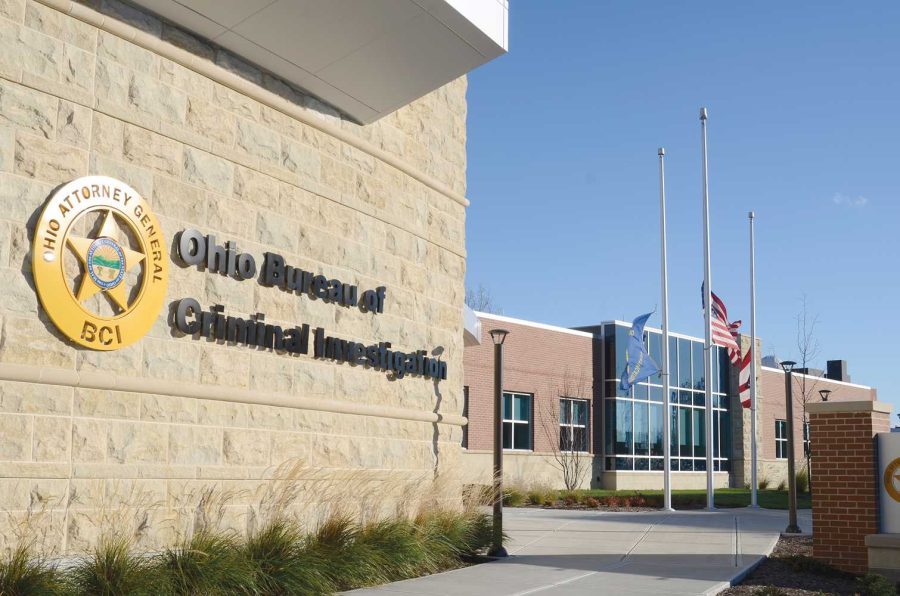Students at the University may soon be able to earn a degree in forensic science that would allow them to do the work often depicted on the show “CSI,” minus the drama and plot twists.
The Faculty Senate recently supported the proposal to make forensic science available as a bachelor’s and master’s degree.
Michael Buerger, a professor in the Criminal Science Department at the University, explained this is only the beginning of the process to make forensic science an official major.
“The other faculty at the University … recognize that it is a valid program,” Buerger said, “that it is a (major) equal to the existing programs.”
Forensic science is the application of science to the criminal justice process to solve a crime.
Three specializations will be offered in the undergraduate degree: forensic chemistry, forensic biology and forensic examination.
The proponents of the forensic science degree have been working with other departments, like psychology and computer science, to incorporate fundamental aspects to the widening spectrum of forensic science, Buerger said.
Jon Sprague, director of the Ohio Attorney General’s Center for the Future of Forensic Science, said forensic examination would be the newest major to most students.
Students who chose to specialize in forensic examination would deal with evidence like trace evidence and latent prints, Sprague said.
The addition of these specializations to a forensic science degree opens up opportunities for students to fine tune their academic backgrounds for their degree.
“If you want to get a master’s in forensic biology, you need a biology background,” said Sprague. “Chemistry would be the same type of thing, along with criminal justice.
A degree in forensic science would differ from a degree in criminal justice because forensic science deals with a specific part of the criminal justice system.
Criminal justice involves the collection of evidence and forensic science involves the analysis of that evidence.
According to the ability-based outcomes for a bachelor’s in forensic science, students would be able to critically think and analyze complex data, apply diverse information to solve a real problem and provide laboratory skills to exacting standards and precision to solving crimes.
A degree in forensic science would also provide students the opportunity to train in a forensic lab before going into the field.
“When you look at being competitive in the marketplace anywhere, it doesn’t matter your major, you need to differentiate yourself,” said Sprague.
The experience students who chose to major in forensic science would allow them to learn what it is really like to work with evidence in a lab.
Crime labs differ in their training requirements and, while no certification is required, having previous training would give forensic science majors a leg up on the competition.
“When you look at forensic science education at BGSU, you’re starting to see forensic science weaving it’s way through many different areas,” said Sprague.
Evidence no longer consists only of physical evidence like fingerprints or chemicals. Forensic scientists now use computers to analyze evidence like bank accounts, money trails or phone records.
The master’s degree was approved by the Department of Higher Education in Ohio and is waiting approval from the Board of Trustees.
The Committee on Academic Affairs is currently processing the bachelor’s degree, but both degrees are within months of the other’s progress.
“I think the big thing right now … would be that we will give those students the opportunity to switch their major to that new degree,” Sprague said.














